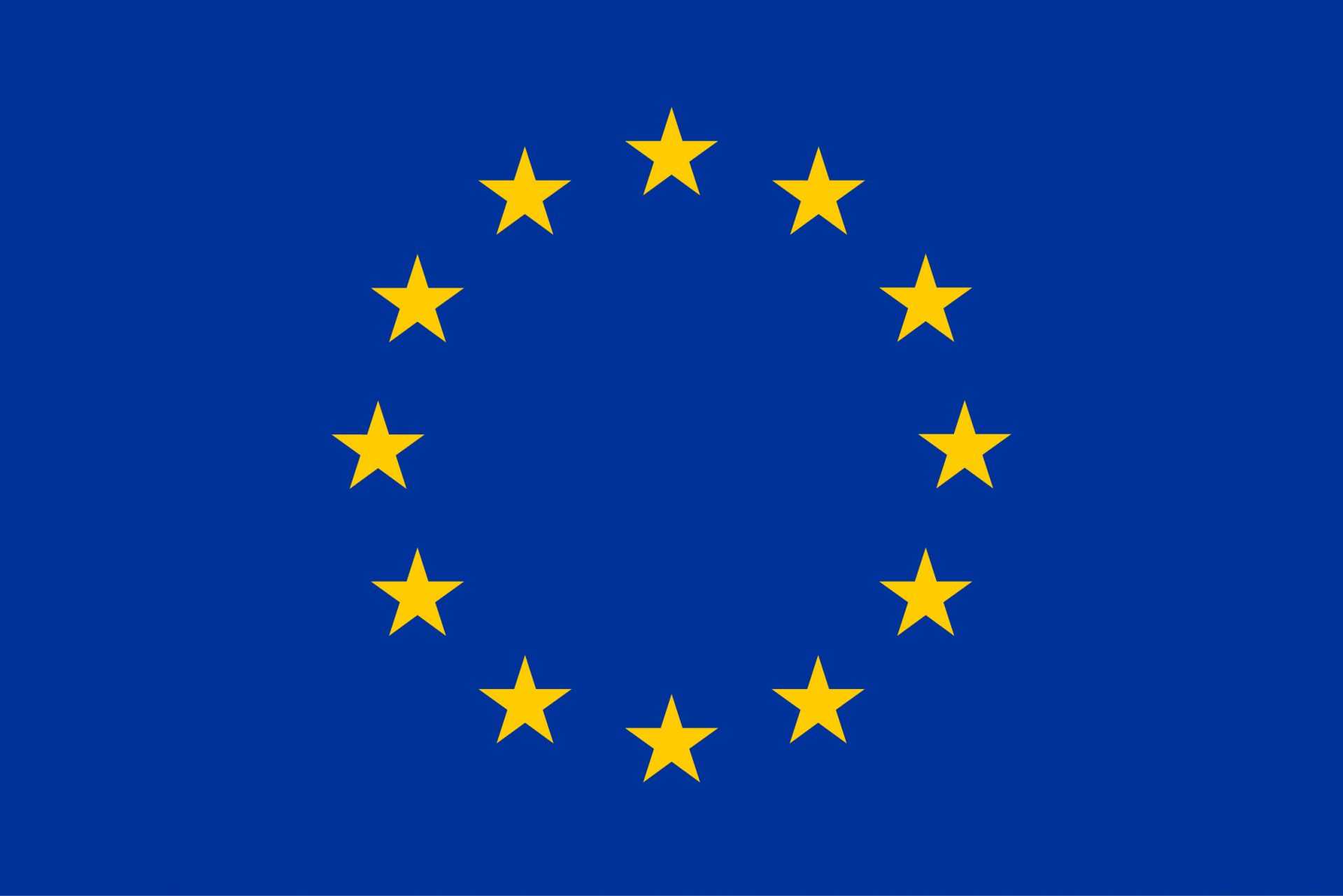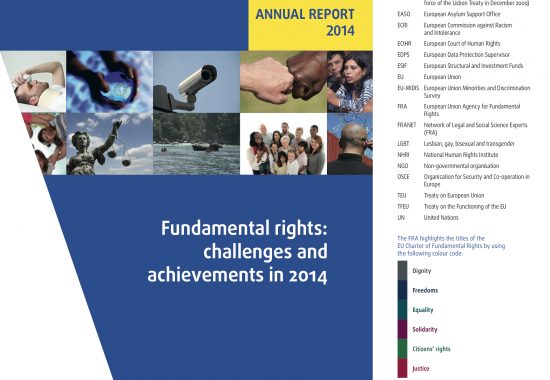The project Rooting for Rights (R4R) brings together human rights organisations and experts from Cyprus, Greece, Malta and Portugal, as well the Greek National Commission of Human Rights (GNCHR), being lead organisations in the area of asylum within their national contexts. Our intention is to answer the question: “the EU Charter of Fundamental Rights and refugees: what’s the link?”
Continue ReadingTag: EU Charter
Why do we have (big) issues with Malta’s Immigration Appeals Board?
The Immigration Appeal Board is established under Malta’s Immigration Act. It is tasked with deciding appeals on a long and varied list of immigration decisions: visas, age assessments, detention of asylum-seekers, reception conditions, removal orders, Single Work Permits, Specific Residence Authorisation… Because this list is so long and because it affects a core element of people’s lives, we cannot underline how important this Board is in Malta’s migration regime.
We appear before this Board on a weekly basis. In most situations, our clients are appealing decisions to detain them or decisions stating that they are adults and not children. But we have (big) issues with the Board, from how the law establishes it to how it operates in practice. These issues are presented in a recently-published article here.
Continue ReadingLegal Update on the Captain Morgan Incident
This week aditus foundation, Jesuit Refugee Service Malta and Integra foundation filed three complaints in three different fora with respect to the situation of around 167 migrants currently being held aboard the private vessels Europa II and the Atlantis, just outside Malta’s territorial waters. The Maltese government chartered a number of private pleasure craft vessels to accommodate migrants rescued in Malta’s SAR zone in the period between the 28th and 29th April 2020 and 6th May 2020. The migrants were transferred from private and AFM vessels involved in the rescue to the chartered vessels and have remained there since the beginning of May.
Continue ReadingNew project: judicial training on the rights of asylum-seekers & refugees
Background
With the entry into force of the Treaty of Lisbon in December, the EU Charter of Fundamental Rights became a legally binding instrument and consequently legal practitioners in the field of asylum and refugee rights can use its standards to enhance the protection afforded to those seeking international protection.
It is therefore imperative that legal practitioners and particularly members of the judiciary are informed on this instrument and on the scope of its application.
Through the EU Charter and its article 52, the ECHR standards and jurisprudence of the European Court of Human Rights are directly applicable in interpretation of its articles. The case-law of the Court of the Union is essential in the understanding of the Charter and its rights.
Finally, Member States must also respect their obligations under UN treaties, case-law of UN treaty bodies and international refugee law, as underlined by many legislative instruments under the Common European Asylum System (CEAS).
The EU is witnessing an increase in the number and features of criminal acts against third-country nationals.
Crimes linked to racism and xenophobia have recently taken on different forms and expressions, becoming increasingly part of a more general trend among political and social groups: the increase in racism and xenophobia have many social explanations but also have implications on the work of judges who need to be better informed on the European instruments to deal with them.
The Project (1 April 2016 – 31 March 2018) aims to enhance the drive towards a common legal and judicial culture in EU and to strengthen law enforcement in the area of Fundamental Rights through the training of members of the judiciary and judicial staff on the application of the EU Charter of Fundamental Rights and the Council Framework Decision 2008/913/JHA (CFD).
Project Results
- Increased awareness among law practitioners and in the wider context of the legal community of the involved member states on the EU Charter of Fundamental Rights
- A better understanding of the significance of implementing and respecting the Rights enshrined in the EU Charter and the procedures outlined in the CFD
- An improved knowledge on how the EU Charter of Fundamental Rights can better be fitted and implemented with the existing national Legislative Framework in the topic areas of this project
- An In depth understanding of the situation on the ground of protecting refugee rights and obstacles thereof
- A further developed cooperation and networking between all stakeholders involved in order to set up a common European judicial environment in the field of applying the EU Charter of Fundamental Rights in connection with asylum, racism and xenophobia.
- A practical, ready-to-use interactive training material that can be applied throughout MSs and can be updated with the development of EU legislation so as to remain permanently useful.
- Increased cooperation both on an EU level, but also on an MS level between NGOs’ and members of the judiciary
Project Partners
International Commission of Jurists – European Institutions, Greek Council for Refugees (Lead Partner), aditus foundation, REFUGEES, Hungarian Helsinki Committee, Legal Clinic for Refugees and Immigrants, European Council on Refugees and Exiles.
Visit the Project page here.

Co-funded by the Rights, Equality and Citizenship (REC) Programme of the European Union.
Fundamental Rights in the EU
The European Union Agency for Fundamental Rights (FRA) recently published ‘Fundamental Rights: challenges and achievements in 2014 – Annual Report 2014’. The Report explores the 2014 challenges and advancements in the area of fundamental rights in 2014, while also providing a concrete and comparative analysis on the fundamental rights situations in the 28 EU Member States.
FRA notes that the EU and its Member States have taken various important steps in order protect and promote fundamental rights, whilst also emphasising the worrying frequency of fundamental rights violations that occurred throughout the year.
The Report begins with a focus section, wherein it examines the benefits of a rights-based indicator framework in order to further guarantee that fundamental rights are respected and upheld within the European Union in both theory and practice.
Other chapters discuss equality and non-discrimination, racism, xenophobia and related intolerance, Roma integration, asylum, borders, immigration and integration, information society, privacy and data protection, rights of the child, access to justice including the rights of victims of crime, and the EU Charter of Fundamental Rights and its use within Member States.
As Malta member of the FRANET Team, we are extremely proud to have contributed to this report by conducting and compiling the research and data relevant to our national scenario. We look forward to using the document in our advocacy activities, within a spirit of improving the quality of fundamental rights enjoyment by all persons in Malta.

